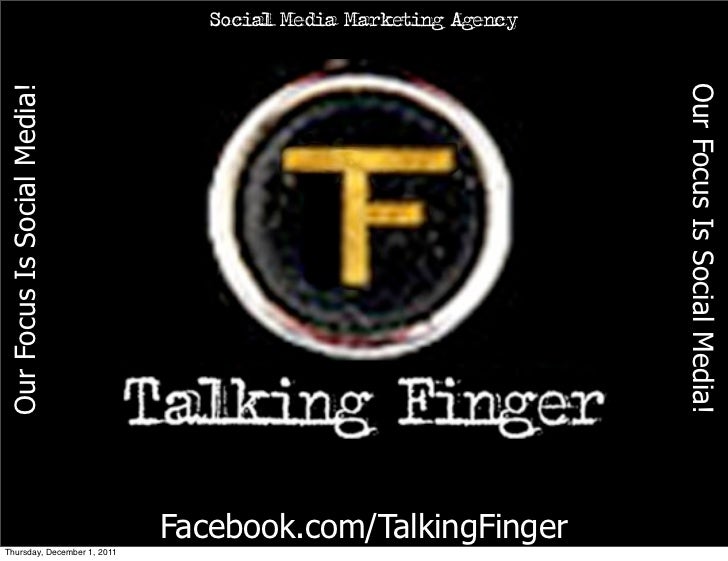 Social Media Analytics – https://www.kageep.com/2023/12/03/link-building-for-local-businesses-whiteboard-friday/.
Social Media Analytics – https://www.kageep.com/2023/12/03/link-building-for-local-businesses-whiteboard-friday/.
 Social media’s popularity around the world calls for careful scholarly research. These digital platforms are infused with an unprecedented amount of human interaction and PPC Management information dissemination, changing how people learn and interact with the outside world. Health communication is one area in which this may have had a significant impact. ……………………………………
Social media’s popularity around the world calls for careful scholarly research. These digital platforms are infused with an unprecedented amount of human interaction and PPC Management information dissemination, changing how people learn and interact with the outside world. Health communication is one area in which this may have had a significant impact. ……………………………………
 Social media offers a variety of platforms for disseminating health information. By presenting content interactively and encouraging active participation rather than passive reception, it outperforms conventional formats. Examining social media engagement, its definition, and its function in health communication is crucial to understanding this. …………………………………….
Social media offers a variety of platforms for disseminating health information. By presenting content interactively and encouraging active participation rather than passive reception, it outperforms conventional formats. Examining social media engagement, its definition, and its function in health communication is crucial to understanding this. …………………………………….
According to annotations from numerous studies, affective, cognitive, and behavioral engagement are the three main components of social media engagement. The emotional reactions to social media content are a part of the affective component. The intellectual involvement in processing social media information is represented by the cognitive component. Last but not least, the behavioral aspect represents the outward behaviors likes, comments, and shares. The efficient transmission of health information is greatly aided by the interaction of these three factors. ……………………………………
To comprehend the affective engagement on social media’s role in health communication, it is first necessary to evaluate it. Kumar et al.’s research ( 2016 ) clarifies that a well-designed post that uses emotive language and imagery elicits strong emotional reactions from readers toward health-related issues. An illustration of the negative effects of smoking combined with compelling language has the potential to elicit strong emotional reactions in people. The likelihood of absorbing the social media-distributed health information is increased by this emotional provocation. Social media engagement therefore significantly increases the effectiveness of health communication through affective competency. ……………………………………
The cognitive component has a significant impact when looking at the role of social media engagement from an investigative standpoint. Users ‘ engagement with cognitive processes, such as examining and interpreting health-related posts, is said to increase knowledge acquisition, according to scientists. This assertion is supported by a 2013 review by Sinnenberg, Buttenheim, Padrez, Mancheno, and B2B Digital Marketing Asch, which shows that social media is strongly associated with cognitive engagement and efficient health information assimilation. Social media thus offers a setting for intellectually evaluating health-related content, increasing health literacy. …………………………………….
Finally, social media behavioral engagement is advantageous for health communication. Notably, social media sites encourage the sharing and Marketing Analytics discussion of health-related content, fostering the spread of messages about health. For instance, Facebook uses the “likes” and” shares,” features to disseminate health posts and reach a diverse user base. The “retweet” feature on Twitter and Instagram both have a similar functionality. Therefore, social media serves as a catalyst for broadening the reach of health communication through these behavioral engagements. …………………………………….
This is supported by Norman and Yip ( 2012 ), who argue that users ‘ friend-group sharing and discussion of health-related information greatly broadens the reach and dissemination of these messages. A 2015 study that found that social media’s behavioral engagement tools helped the H1N1 pandemic information quickly reach a sizable population supports the validity of the sentiment. Thus, it is clear that people spread health information to larger audiences by acting as information brokers. ………………………
As a result, social media engagement creates an environment that encourages audience dissemination of health communication rather than merely passive presentation. Effective exchanges and distribution of health information are strengthened by the interaction of affective, cognitive, and behavioral aspects of engagement. Therefore, it is undeniable that social media engagement significantly contributes to health communication, as demonstrated by observation and experimental evidence. ……………………………………
 Despite the fact that social media is constantly changing, this research’s conclusive power somewhat wanes. Continuous studies analyzing the dynamics and roles of social media engagement in health communication are essential as newer features are introduced and user behaviors change. In order to better understand these intricate structures and determine how they affect the evolution of health communication in the digital era, this calls for more scientific research. …………………………………….
Despite the fact that social media is constantly changing, this research’s conclusive power somewhat wanes. Continuous studies analyzing the dynamics and roles of social media engagement in health communication are essential as newer features are introduced and user behaviors change. In order to better understand these intricate structures and determine how they affect the evolution of health communication in the digital era, this calls for more scientific research. …………………………………….
Additionally, a thorough analysis of this topic must take into account any potential drawbacks. The anecdotal proof of the misuse and misinformation on social media, especially in health discussions, cannot be disregarded. Future research is required to look into and assess the viability of potential mitigation strategies for the same. …………………………………….
However, social media is still changing how health communication is communicated thanks to affective, cognitive, and behavioral engagement. By fostering an engaging, viral, and interactive environment for health-related content, this revolution improves the general public’s health literacy. Therefore, it is clear that social media engagement plays a key role in advancing health communication. A dynamic and developing field is being created as a result of the evolution of these platforms and user engagement, which is also influencing newer avenues and strategies for health communication. ………………………

 by sangmarino11
by sangmarino11